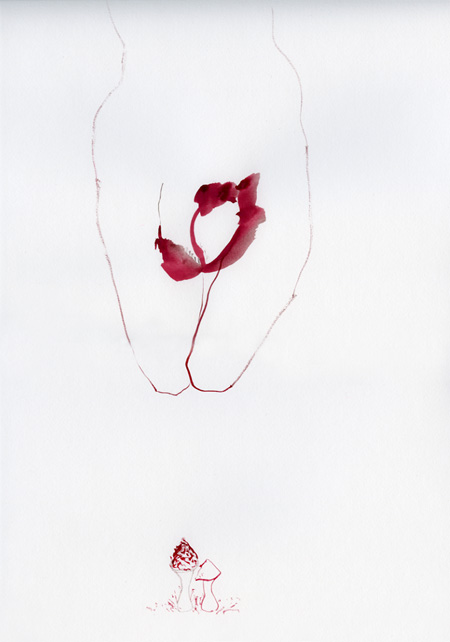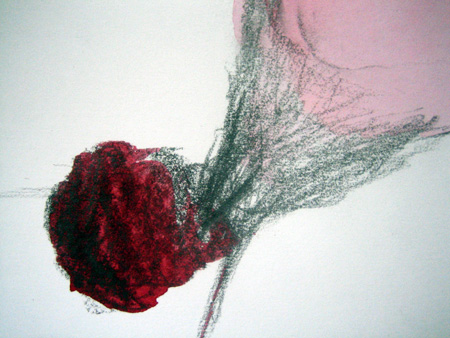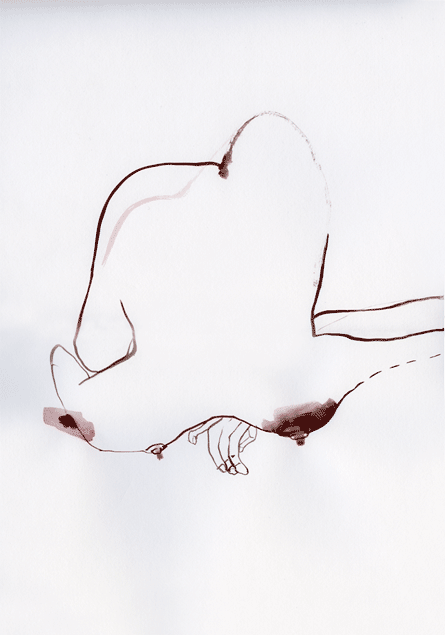Zahlhaft?
Thursday, November 23rd, 2006Wenn Platon über das Haushafte des Hauses nachdenkt,
dann denkt er vielleicht auch über das Zahlhafte der Zahl nach.
Was wird er gedacht haben?
Brian Rotman schreibt in: Signifying Nothing – The Semiotics of Zero. Stanford 1993: Stanford University Press, p. 28: “For both Plato and Aristotle arithmos always, as Klein (1968) in his investigation Greek Mathematical Thought and the Origins of Algebra expresses ist, `indicates a definite number of definite things. It proclaims that there are precisely so and so many of these things`. And though they differed on a crucial point of interpretation, `Plato speaks of numbers which have `visible and tangible bodies` … so that in counting dogs, horses, and sheep these processes yield dog-, horse-, and sheep numbers` (Klein, 1968, pp. 46-7), while Aristotle concerned to clarify what it means to say that two numbers are equal, saw them as abstractions from particular concrete collections. Both would have assented to the formula `number as an assemblage of `units`.”






